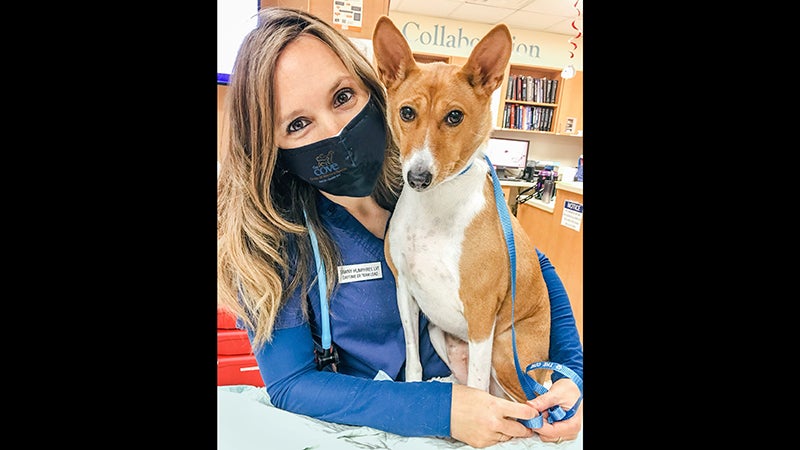Hang onto all that medical paperwork
Published 10:31 pm Thursday, November 9, 2017
By Nathan Rice
The paper covering the padded examination table crinkled below me as my doctor exited the room. His expression and concern made me think that the pain and discoloration in my finger were more serious than I initially thought. My suspicions were confirmed when he returned with a nurse and an EKG Machine.
The next thing I knew, I was scheduled to meet with several specialists during the next few days, along with having appointments set for an echocardiogram, an ultrasound, and a CT scan.
My inner finance manager was already thinking about how much all these tests and visits to specialists would cost, but then my condition worsened and I found myself checking in to one of our region’s finest emergency rooms.
I was adding more doctors, specialists, and medical technicians to the list of places from where I’d soon be receiving invoices.
Medical issues can end up playing a big part in our finances. We are blessed to have wonderful medical care in our country, but one medical scare can quickly bring a pile of invoices that we weren’t expecting.
There are several steps we can take to help ourselves when we start receiving a list of bills for our medical care.
First, be sure to keep all information you receive from every medical care facility or doctor’s office you visit. This includes documents given to you at the facility and any communication you receive in the mail.
Medical bills can be confusing, and you may receive separate invoices from different doctors and medical associates for one hospital visit.
If you have insurance, you should also receive Explanation of Benefits, or EOBs, from your insurance company. These EOBs will show what is covered by insurance and what you may owe for each covered medical expense.
Take the time to compare and contrast the invoices you receive and the EOBs from your insurance. Keep invoices and their related EOBs together in your medical expense file. Also be sure to keep verification of payments made such as a copy of the check or a print out of the online payment verification.
I’ve seen countless medical collection items on credit reports over the years for amounts as low as $25. Sadly, however, these small collection items still damage your credit.
It’s easy for some medical bills to fall through the cracks when you start receiving numerous invoices from several different places. This is why it’s so important to keep a file of everything you receive and to maintain good records.
Along that same line, make sure you’re checking your mail and keeping your contact information up to date with each medical facility you visit.
Next, don’t be afraid to ask medical facilities and practices about payment plans. While each place is different, you may be able to work out a payment arrangement. Some may even offer interest-free payment plans that can save you from putting medical costs on an interest-bearing credit card.
Many invoices will have a phone number for you to call regarding payment options. A few questions and a little research into payment options can help you determine the best way to tackle all those invoices.
My doctors have ruled out the scary possibilities that were an initial concern. I’m trusting that the tests and specialists will soon be able to track down what is wrong. In the meantime, I’ll keep adding invoices, payment verifications and EOBs to my file.
Nathan Rice is the relationship manager for the Chesapeake Square branch of ABNB Federal Credit Union. He is a Hampton Roads native and can be reached at nrice@abnb.org.






